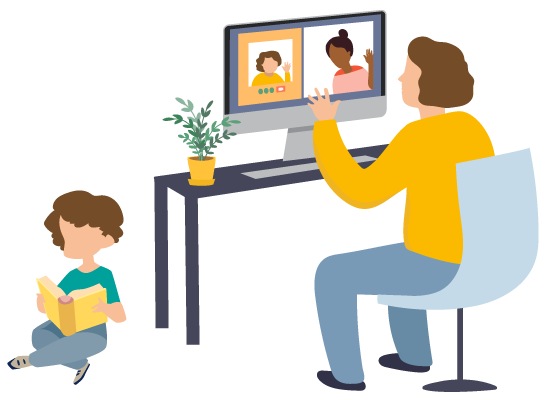Working in partnership
Partnership with parents and carers
Section 19 of the Children and Families Act and the SEND Code of Practice set out general principles that local authorities must have regard to when supporting children and young people with special educational needs and disabilities (SEND). Particular attention must be paid to:
- the views, wishes and feelings of children and their parents, and young people
- the importance of them participating as fully as possible in decision-making and providing the information and support to enable them to do so.
Working together as equal partners with parents and carers, children and young people is often called co-production. Co-production is known to strengthen organisations by bringing all partners together.
Research into the best educational outcomes for children and young people has shown that schools in which children have positive outcomes, both in terms of academic achievement and behaviour, all have a common feature in good home-school relations.
Parents and carers have a vital role to play in their child or young person’s education. Almost all parents and carers are keen to work with school staff to help their child or young person to achieve. They hold important information about who their child/young person is as well as about events and circumstances in a child or young person’s life both inside and outside school which could impact on their potential for learning. As a child or young person’s prime educator, parents and carers have a key role in advocating for their child or young person – and laying the foundations of equal partnership with them at an early stage in their child or young person’s education will mean outcomes are more likely to be achieved.


